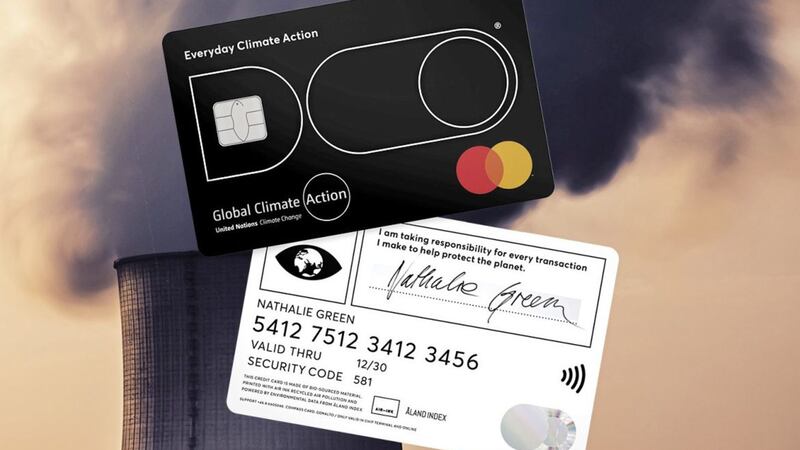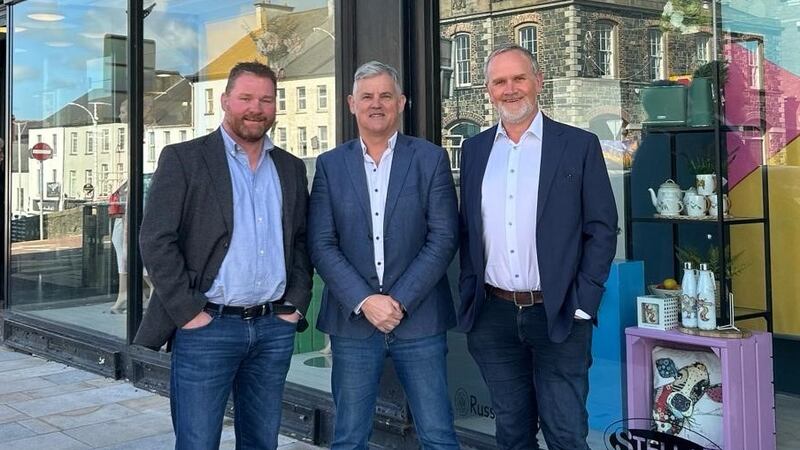SPEAKING to colleagues and watching the news, it’s clear the environment, and in particular sustainability, are certainly going to be key themes for 2020.
Increasing environmental pressure from not just the youth of Ireland but from all age groups combined with rapid urbanisation around the world, is driving a global trend towards a more responsible lifestyle.
The Chartered Institute of Marketing (CIM) commissioned research just before Christmas which found that brands now risk reputational damage if they fail to adopt more sustainable packaging practices. The research found that a quarter of consumers in Northern Ireland now judge a company’s ethics on its packaging, and almost a fifth stated they would pay more for an item packaged in sustainable packaging.
A massive 88 per cent of the 2,000 questioned across the UK and Northern Ireland felt shopping has too much packaging, with children’s toys, mobile phones and cosmetics considered to be the worst offenders.
So, what’s being done to address the issue? In the eyes of Irish marketers, packaging has a significant part to play in addressing a range of consumer requirements. It provides a key communications role portraying brand values through design and imagery.
As packaging becomes more important as a communication channel, Irish marketing departments will face new challenges. For example, the desire to meet consumer demand to promote green credentials or support of a cause must be balanced with a brand’s identity, or the very thing that attracted the consumer to the brand in the first place could be lost. So, what steps should we take to become more conscious in our consumption?
There are a range of innovative ideas and services from Irish and other international businesses. Readily available apps can calculate the carbon neutrality of your food and clothing purchases or help you shop more wisely.
Happy Cow, for example, is an online service that helps shoppers locate vegan or vegetarian options and can help making greener buying decisions more easy. Grown, an Irish organic clothing brand, puts their production line through an in-depth life cycle analysis to ensure there are no negative impacts on the environment, a conscious factor for not just the environment but for how they produce their clothing for the consumer.
Alternatively, your bank could help you put a stop to both your over-spending and over-consuming. Swedish fintech company Doconomy has a black credit card with a built-in CO2 limit that stops you shopping once you have reached your carbon quota that month.
Making greener purchasing decisions is a growing concern for consumers and increasingly a point of differentiation for brands. It’s clear that consumers don’t want or require the excess packaging that comes with products - both online and in store.
The onus is now on Irish and other international businesses to take what consumers are telling us and fully embrace sustainability-led strategies. If we can do this 2020 could be a greener and more prosperous year for Irish businesses everywhere.
:: Eileen Curry is chair of CIM Ireland








